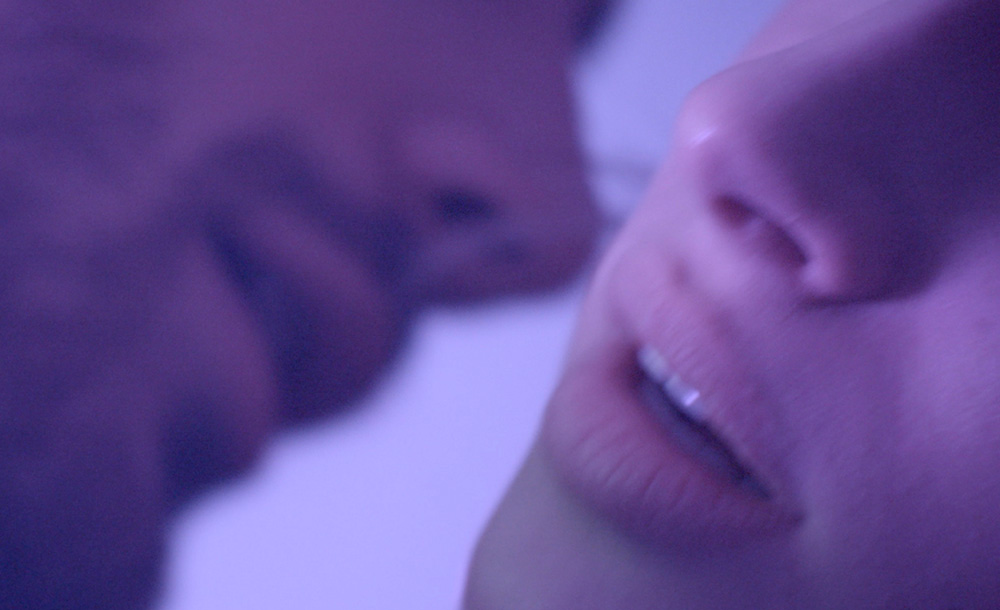It’s probably for the best to know that the play is not the thing in “Roleplay,” Katie Mathews’ arresting documentary, ostensibly tracking a theater project set up by the company Goat in the Road Productions at Tulane University, intended to open up conversation around sexual assault in the wake of a horrifying number of incidents on the college campus. Just as the stage is employed to facilitate soul searching amongst the students that might not happen otherwise, Mathews ends up using the occasion of the play to do something similarly astute yet indirect, only partially interested in the experiences that unfold for its cast when the intrigue for the audience is in how the director captures the amorphous nature of conversations around sexual violence when everyone has different ideas about consent, arriving from different backgrounds and beliefs.
Mathews finds that tradition is hard to break away from, both on the Tulane campus and in attempting to speak to what’s happening there, having to adhere to a natural chronological structure to follow from rehearsals to the night of the big show and introducing its subjects as they come into audition. However, Mathews strays towards something more difficult, ambivalent and eventually far more interesting as dutiful establishing shots of Greek life and football games reflect a historical institution, but the film starts to present different schools of thought. It’s one thing to gather a collection of students of diverse identities, but Mathews finds a group with entirely different attitudes from Hannah, the boldest of the bunch who speaks candidly about being the one to make the first move with guys — though she nervously admits to the director she’s 20 to the director, saying “when you’re 19, you’re still technically a teenager” — to Miranda, a sophomore who describes everything as a first when she only recently came out as a lesbian. There’s also Lucy, whose family legacy at Tulane dates back to the Civil War era and says “sex ed wasn’t a thing” at her high school, to CJ, a junior who feels unsafe most anywhere on campus as a Black student.
The interviews have an impressive openness to them and while these insights don’t come from the play, surely it has put its players in a reflective mood, allowing Mathews and editors Robin Schwartz, Kristen Nutile, and Amanda Madden the leeway to create a more free-flowing exchange between the production and reality, occasionally leaving uncertainty about what you’re watching is part of the show or not as it flits between acting workshops and glimpses of the students’ lives. Subdued where most narratives around these issues are sensationalized, “Roleplay” becomes all the more thought-provoking when its subjects actively seem to be working through what makes them feel uncomfortable, occasionally contradicting themselves and unsure of where they stand and likely putting audiences in the same position.
Observing this almost entirely from the students’ perspective does have its drawbacks when there is this apparatus of the show and of the school itself that is only fleetingly touched upon, making appearances from anyone over 25 feel more obligatory as context yet seeming as if they need more context themselves. (A single scene in a classroom with a professor discussing hookup culture makes you wonder how much faculty has stepped into address issues that the administration has not, and members of Goat in the Road find themselves at odds with the ensemble they’ve gathered in a process that was clearly meant to challenge as they work together towards the show, but the presentation of their methodology is vague.)
Yet “Roleplay” nails what must be most difficult to convey when it instantly circumvents the obstacles that usually prevent any productive dialogue from happening, never forcing discussion and recognizing issues ranging from privacy to biases that have a way of pushing things off-track. As narratively loose as the film can feel, the film delivers something refreshingly precise in watching the students slip into characters where they can be unburdened of their personal inhibitions to actually speak freely, using the usual contours that these conversations take itself to go somewhere new.
“Roleplay” does not yet have U.S. distribution.




